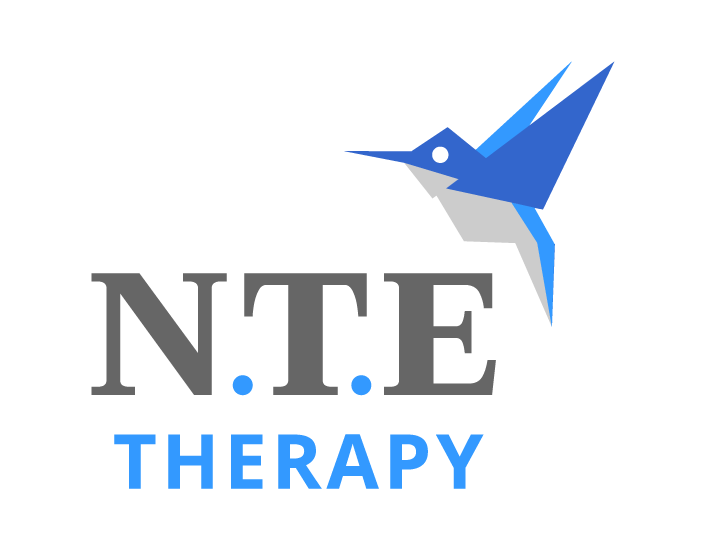You have more control over your thoughts and emotions than you realize.
Every time you think a thought, you lay down a pathway in your brain, and every time you think that same thought, the path gets stronger…If you think it enough times, your thought will become a belief.
Everyone talks to themselves all day, every day. In psychological terms, this is called Internal Self-Talk and it is a key component to Cognitive Behavioral Therapy (CBT). CBT is one of the highly researched techniques to address problems like anxiety, depression and Obsessive-Compulsive Disorder and it has been scientifically found to be effective. The basic idea is that your thoughts (cognitions), significantly impact your behavior, and that by changing the way that you think, you will impact your behavior.
Take a look at what you are saying to yourself. If you had a friend who said those things to you, would you still be friends? If the answer is NO, then why are you allowing yourself to treat you that way. You are just strengthening neural pathways that bring you down. The first step is to recognize that you are doing it, so by listening to this, you are already
taking the first step to choose how you treat yourself, and you can decide to treat yourself better.
Now don’t worry, everyone talks to themselves, you are not a crazy person, and our brains are wired to be anxious and to remember the negative things. Think about when, as humans, our first priority was just to survive, to find shelter, have healthy things to eat, and not get killed by predators. It makes sense that we would have to be wary, have fear, and remember the negative things and the dangerous things, because to forget or to make a mistake could be deadly. It’s nice to remember who is helpful or where to find a good food source, but it is more important to know what could be
BAD, and this is why we are wired to focus on the negative. However, most of the time, we are safe, but the negative thought pattern is still often the one that is the most frequent and we often make negative assumptions that aren’t true (Cognitive Fallacies).
So here is what you could do. When you find yourself saying negative things, ask yourself “Is this true?”, and then make a better statement focusing on a better thought. Remind yourself that you can’t predict the future, so good outcomes are just as likely as bad outcomes. For example, you might think “I will get sick from COVID.” Is this true? No, you might
get sick and you might not. You could change that negative and anxious thought to something like, “I am taking precautions. I am more aware of my health than ever. I have supports. A vaccine is on the way.”

Recent Comments